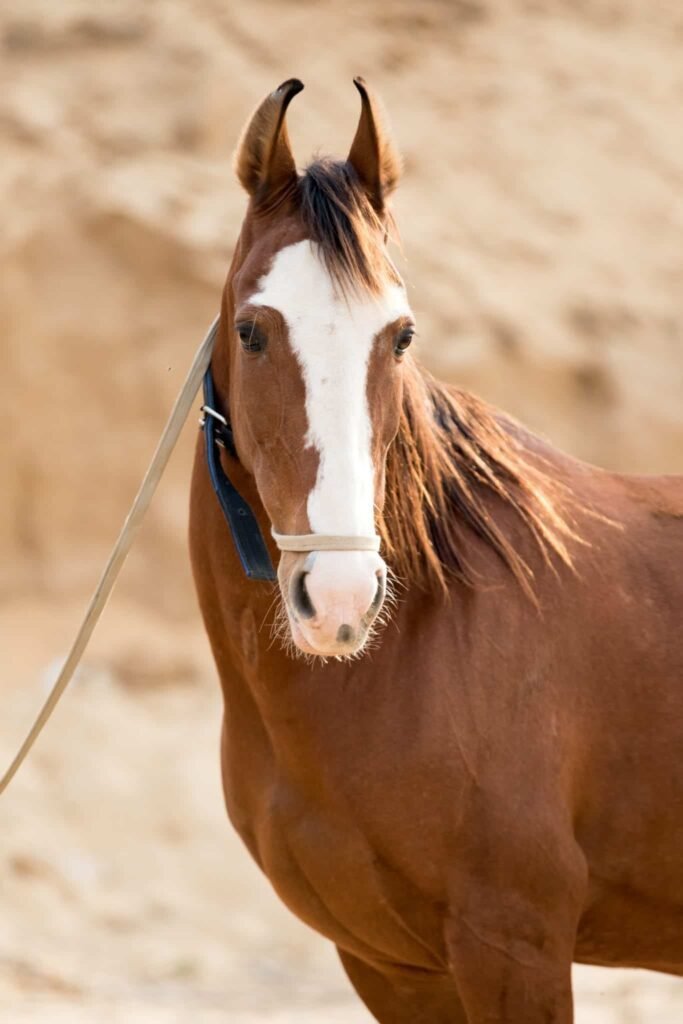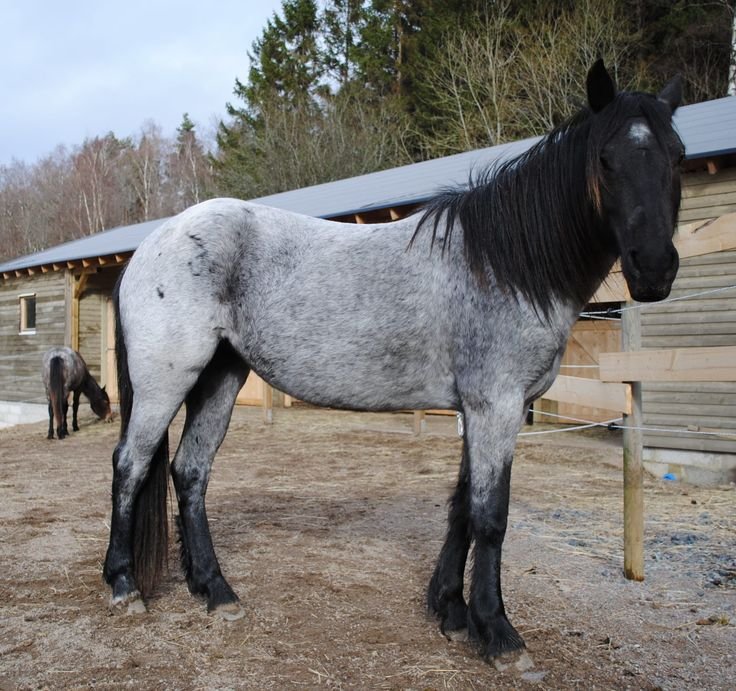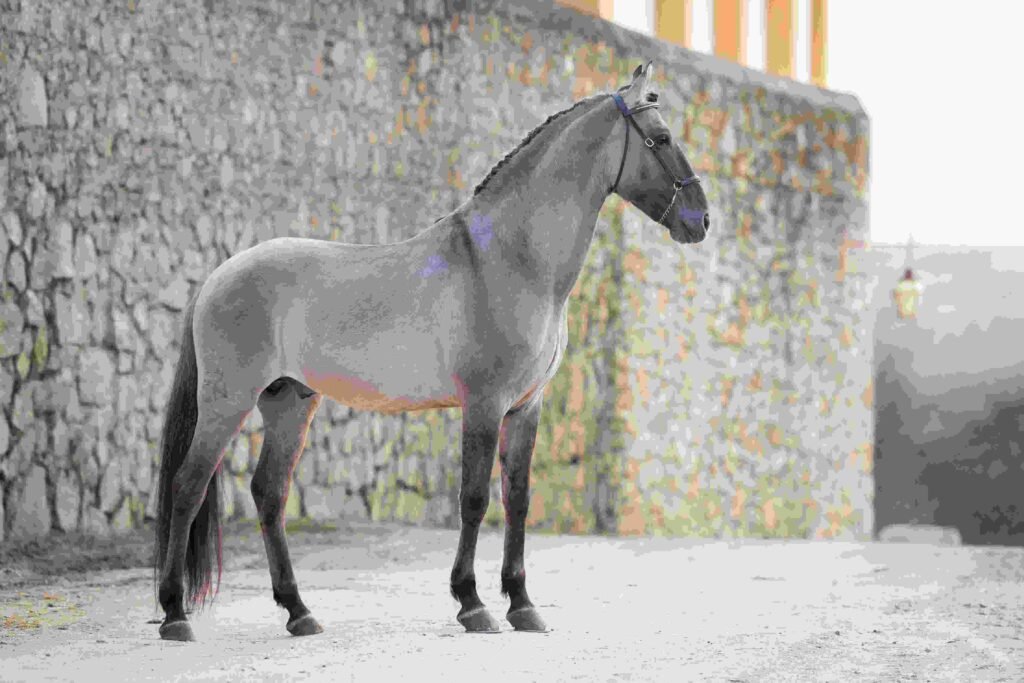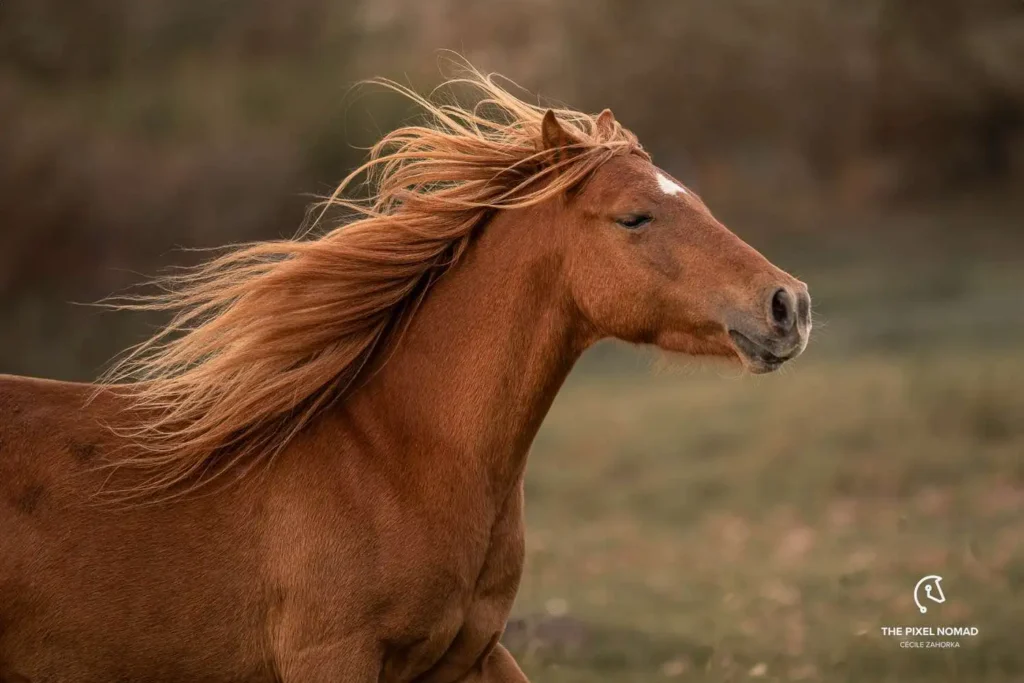Horses are incredible animals, known for their beauty, strength, and the special bond they share with humans. While popular breeds like Thoroughbreds and Arabians often steal the spotlight, there are some lesser-known horse breeds that are just as fascinating. These rare breeds have unique features, rich histories, and are a vital part of the equine world. Let’s explore what makes a horse breed rare and meet five of the rarest breeds from around the globe.
What Makes a Horse Breed Rare?
A horse breed becomes rare when there aren’t many of them left in the world. This could be due to:
- Changing farming needs: As fewer people need workhorses, some breeds have declined.
- Small breeding groups: Some horses have limited populations, making it hard to grow their numbers.
- Habitat loss: Changes in the environment have also affected some breeds.
Even though they’re rare, these horses are truly special. They often have traits or histories that make them stand out from more common breeds.
Why Do Rare Breeds Matter?
Rare horse breeds aren’t just beautiful—they’re important for the future of all horses. Keeping a variety of breeds helps prevent problems like inbreeding and disease. These horses also carry pieces of history and culture, showing us how people and horses have lived and worked together over centuries.
Meet 5 Rare Horse Breeds
1. Akhal-Teke: The Golden Horse
- Origin: Turkmenistan
- Population: Fewer than 8,000 worldwide

This stunning horse is famous for its shiny, golden coat that almost glows in the sunlight. The Akhal-Teke is built for endurance and can handle harsh desert conditions with ease. Its rarity comes from strict breeding programs aimed at keeping its bloodlines pure.
Cited by reddit.com
Fun Fact: The Akhal-Teke is one of the oldest horse breeds in the world, with a history going back over 3,000 years!
2. Marwari: The Curved-Eared Wonder
- Origin: India
- Population: Fewer than 5,000

You can spot a Marwari horse right away because of its unique, inward-curving ears. Once the choice of Indian royalty, this breed is known for its courage and loyalty. Strict export rules have kept the Marwari rare outside India, but conservation efforts are helping people learn about it worldwide.
Fun Fact: Marwari horses are amazing at handling tough terrains, especially in the deserts of Rajasthan.
3. Nokota: The Wild Horse of North Dakota
- Origin: North Dakota, USA
- Population: Fewer than 1,000

Nokota horses come from the rugged lands of North Dakota and have ties to Native American and early settler horses. Known for being tough and smart, these horses were nearly lost in the 20th century but have been brought back thanks to dedicated conservationists.
Fun Fact: Nokota horses were deeply connected to the Lakota people and their way of life.
4. Sorraia: A Rare Iberian Treasure
- Origin: Portugal and Spain
- Population: Fewer than 200

The Sorraia is like a living fossil, closely resembling ancient horses that once roamed the Iberian Peninsula. It has a dun coat, zebra-like leg stripes, and a dark mane. Habitat loss and a lack of breeding programs have made this breed incredibly rare.
Fun Fact: Sorraia horses are great swimmers—a skill that helped them survive in their wetland habitats.
5. Caspian Horse: Ancient Horse of Persia
- Origin: Iran
- Population: Fewer than 2,000

The Caspian horse was thought to be extinct for over 1,000 years until it was rediscovered in the 1960s. These small but graceful horses were once prized in ancient Persia for ceremonies. Today, their rarity is due to the small number of breeding programs.
Fun Fact: Even though they’re small, Caspian horses aren’t ponies—they have the same body proportions as full-sized horses!
Helping Rare Horse Breeds Thrive
Saving these rare breeds requires dedication from many people, and conservation efforts are in full swing. Here’s how they’re being helped:
- Breeding programs: These are vital for maintaining healthy bloodlines and ensuring the populations remain stable.
- Raising awareness: Educating the public about these breeds brings more attention and support to their preservation.
- Conservation groups: Organizations like the Rare Breeds Survival Trust work tirelessly to protect endangered horses and their habitats.
Read more…
How You Can Make a Difference
If you’re inspired to support rare horse breeds, here are a few simple ways to get involved:
- Sponsor or adopt: Many organizations offer programs where you can sponsor a rare horse and help fund its care.
- Learn and share: The more people know about these incredible breeds, the more likely they are to get involved.
- Donate: Your contributions can go directly to conservation programs that are making a big impact.
FAQs
1. Are rare horse breeds harder to take care of?
Not necessarily! They might have specific needs based on where they’re from, but with proper care, they’re no harder to manage than common breeds.
2. Why are some horse breeds so rare?
A mix of changing needs, environmental challenges, and limited breeding programs has made some breeds harder to find.
3. Can rare breeds still be ridden or used for work?
Yes! Most rare breeds are great for riding or work, but it depends on their size and abilities.

